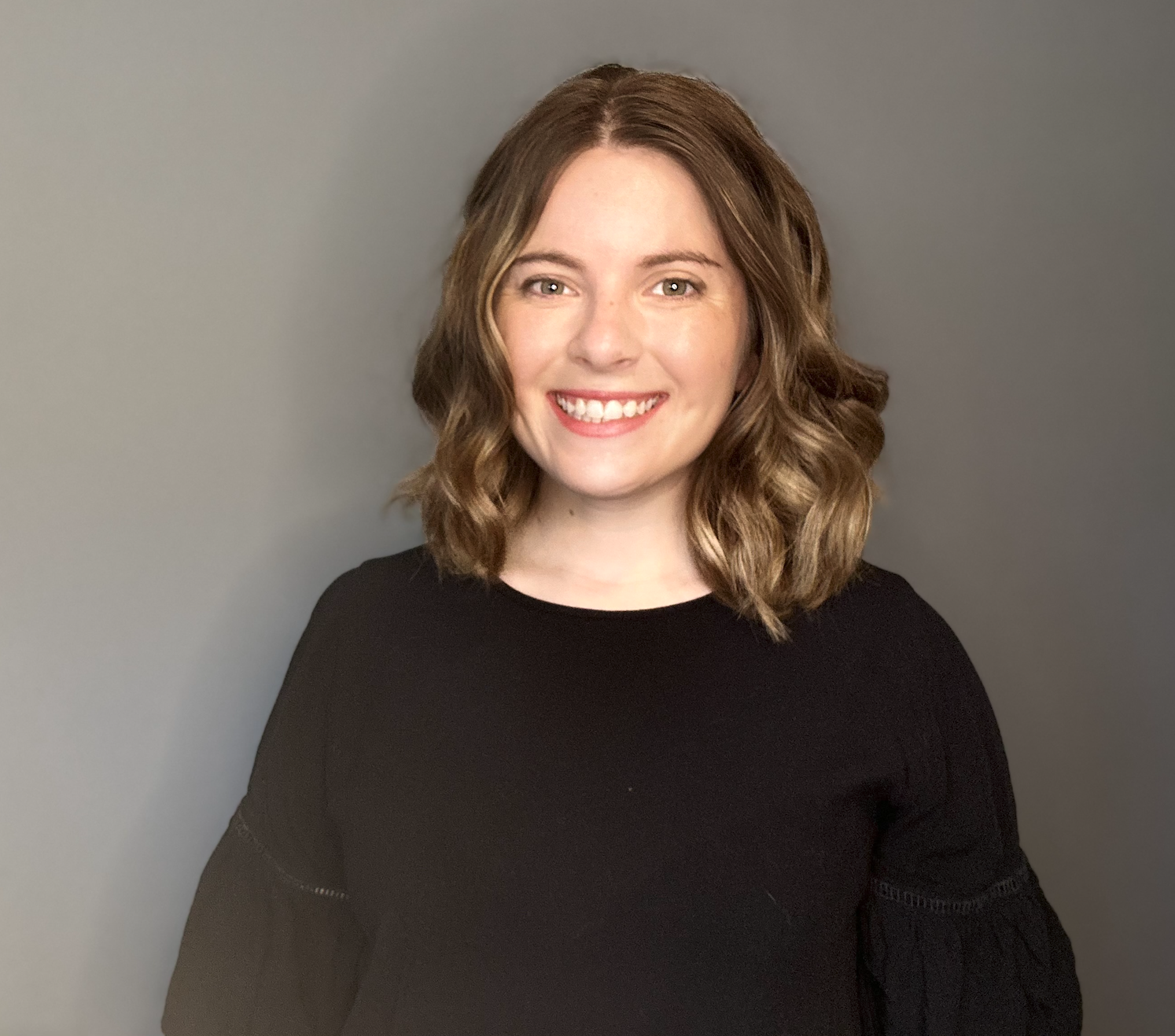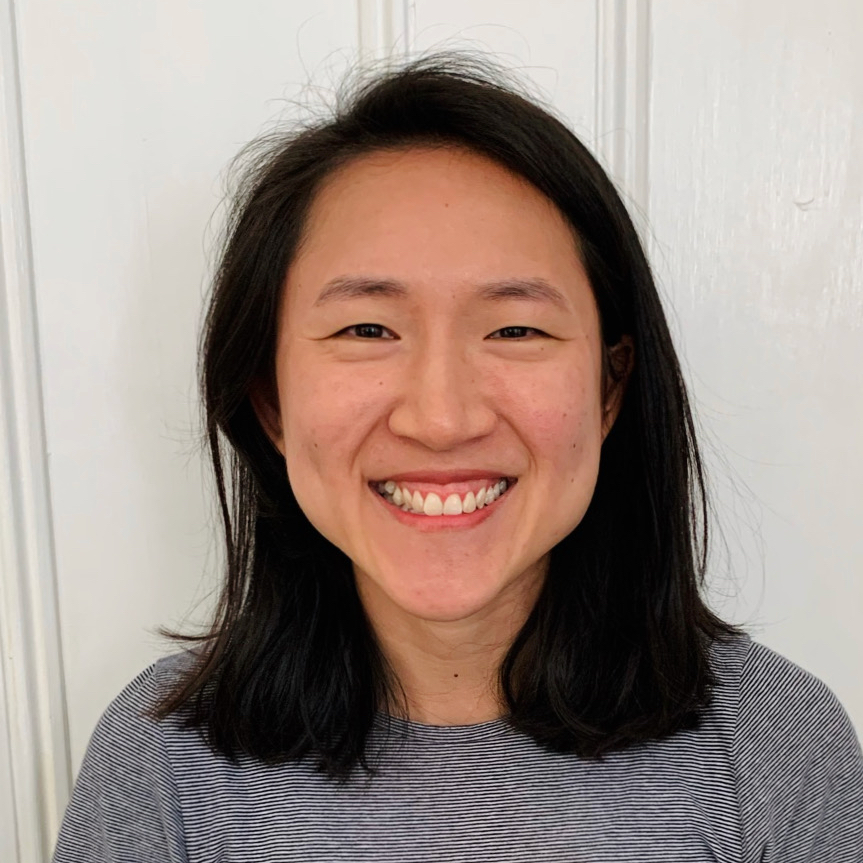Research Methods and Statistics
Symposium 28 - Beyond One-Size-Fits-All: What Do our Data say About Heterogeneity, and Can we Leverage Person-Centered Analytics to Address Individual Differences as We Prepare for the Future of Personalized Therapy?
Level of Familiarity: Moderate to advanced
Recommended Readings: Fisher, A. J., Bosley, H. G., Fernandez, K. C., Reeves, J. W., Soyster, P. D., Diamond, A. E., & Barkin, J. (2019). Open trial of a personalized modular treatment for mood and anxiety. Behaviour Research and Therapy, 116, 69–79. https://doi.org/10.1016/j.brat.2019.01.010,
-
MW
Mercedes Woolley, B.A. (she/her/hers)
Utah State University
Logan, Utah, United States -

Stefan Hofmann, Ph.D. (he/him/his)
Philipps University of Marburg, Germany
CENTERVILLE, Massachusetts, United States -
MW
Mercedes Woolley, B.A. (she/her/hers)
Utah State University
Logan, Utah, United States -

Amanda Collins, Ph.D. (she/her/hers)
Postdoctoral Research Fellow
Dartmouth College
Natick, Massachusetts, United States -

Clarissa Ong, Ph.D.
Assistant Professor & Clinic Director
University of Toledo
Toledo, Ohio, United States -
CC
Claire Cusack, M.S. (they/she)
Graduate Student
University of Louisville
Louisville, Kentucky, United States
Chair(s)
Discussant(s)
Presenter(s)
The field of psychotherapy research is evolving, with a growing push towards personalized therapeutic interventions. This movement is driven by an increasing recognition of the variability in psychological symptoms and processes, both across and within individuals. The use of advanced quantitative methods alongside high-density longitudinal data has enhanced researchers' capacity to employ person-centered analytic techniques. These analytic methods aim to explore individual differences and foster idiographic case conceptualization, ultimately informing tailored treatment strategies. This aligns with the rising trend of applying personalized network approaches to therapy delivery (Levison et al., 2021) and the process-based therapy movement (Hofmann & Hayes, 2019).
As the field of psychotherapy advances towards personalized interventions, a wave of innovative research is being conducted. Utilizing ecological momentary assessment (EMA), researchers are gathering dense longitudinal data that reveal significant heterogeneity across individuals and notable variability within individuals over time. This approach has enabled the construction of individual-level networks, offering clinically pertinent insights. Such networks can pinpoint precise treatment targets by identifying key symptoms and processes through centrality indices and contextual analysis of the entire network.
This symposium aims to spotlight cutting-edge research that employs person-centered analytic methods, including idiographic and 'idionomic' (the integration of both idiographic and nomothetic findings) analyses, across various psychopathological domains. It will highlight how these methodologies are being used to understand individual-level heterogeneity, as well as guide clinical decisions (e.g., identifying influential network nodes within network structures) and identify treatment trajectories. Furthermore, the symposium will explore the implications of these findings for the future of clinical science, particularly emphasizing how personalized networks can inform and enhance case formulation in clinical practice.
Learning Objectives:
- Explain idiographic and idionomic methods.
- Describe advanced statistical approaches that allow for the identification of within individual and between individual heterogeneity.
- Interpret idiographic networks with respect to centrality indices.
- Review functional analyses of network structures for case formulation.
- Discuss future directions for individual-level science and the future of idiographically driven case-formulation and process-based therapy.
Presentations:
-
10:30 AM - 12:00 PM EST(SYM 28) A GIMME Network Examination of Trichotillomania Treatment Processes: Gathering Indionomic Insights to Inform a Personalized Therapeutic Framework for Trichotillomania
Speaker: Mercedes Woolley, B.A. (she/her/hers) – Utah State University
Co-author: Baljinder Sahdra, PhD (she/her/hers) – Australian Catholic University
Co-author: Emily Bowers, B.S. (she/her/hers) – Utah State University
Co-author: Leila K. Capel, M.S. (she/her/hers) – Utah State University
Co-author: Michael P. Twohig, Ph.D. (he/him/his) – Utah State University
Co-author: Michael Levin, PhD – Utah State University
-
10:30 AM - 12:00 PM EST(SYM 28) Depressive Symptoms as a Heterogeneous and Constantly Evolving Dynamical System: Idiographic Depressive Symptom Networks of Rapid Symptom Changes Among Persons with Major Depressive Disorder
Speaker: Amanda C. Collins, Ph.D. (she/her/hers) – Dartmouth College
Co-author: Mathew Nemesure, PhD (he/him/his) – Harvard Business School
Co-author: Tess Z. Griffin, Ph.D., M.Ed. – Dartmouth College
Co-author: Arvind Pillai, M.S. – Dartmouth College
Co-author: Subigya Nepal, B.S. – Dartmouth College
Co-author: MIchael V. Heinz, MD – Dartmouth College
Co-author: Damien Lekkas, M.S. – Dartmouth College
Co-author: Andrew Campbell, PhD (he/him/his) – Dartmouth College
Co-author: Nicholas C. Jacobson, Ph.D. (he/him/his) – Geisel School of Medicine, Dartmouth College
-
10:30 AM - 12:00 PM EST(SYM 28) An Examination of Individual Networks in Context: “good” versus “bad” Days
Speaker: Clarissa Ong, Ph.D. – University of Toledo
Co-author: Alexa Skolnik, B.A. – University of Toledo
Co-author: Andrew Kurtz, B.A. – Florida State University
-
10:30 AM - 12:00 PM EST(SYM 28) Using Control Theory to Examine Individual Trajectories of Eating Disorder Symptom Remittance
Speaker: Claire Cusack, M.S. (they/she) – University of Louisville
Co-author: Irina Vanzhula, Ph.D. – University of Kansas
Co-author: Teague Henry, PhD (he/him/his) – University of Virginia
Co-author: Cheri Levinson, Ph.D. (she/her/hers) – University of Louisville

.png)
